5 Ways to Spot a Lottery Scam

According to the FBI, in 2014 consumers lost more than $8 million to solicitation scams promising instant wealth and grand prize earnings. These scams, commonly referred to as the “advance fee,” “lottery” or “sweepstake” scam, involve fraudsters issuing counterfeit checks and fake award letters to consumers who have allegedly won a lottery or sweepstake raffle. The consumer, who most likely never entered the alleged drawing, is issued a check worth more than the amount owed and instructed to pay taxes and fees before receiving their lump sum payment. Unfortunately, the check -- in addition to the raffle -- is bogus.
Before you participate in any lottery or sweepstake, Bank of Brodhead encourages you to keep these tips in mind:
- Don’t be fooled by the appearance of the check. Scam artists are using sophisticated technology to create counterfeit checks that mirror the appearance of legitimate checks. Some are counterfeit money orders, some are phony cashier’s checks and others look like they are from legitimate business accounts. The companies whose names appear may be real, but someone has dummied up the checks without their knowledge.
- Never ‘pay to play.’ There is no legitimate reason for someone who is giving you money to ask you to wire money back or send you more than the exact amount —that’s a red flag that it’s a scam. If a stranger wants to pay you for something, insist on a cashier’s check for the exact amount, preferably from a local bank or one with a local branch.
- Verify the requestor before you wire or issue a check. It is important to know who you are sending money to before you send it. Just because someone contacted you doesn’t mean they are a trusted source.
- Ensure a check has “cleared” to be most safe. Under federal law, banks must make deposited funds available quickly, but just because you can withdraw the money doesn’t mean the check is good, even if it’s a cashier’s check or money order. Be sure to ask if the check has cleared, not merely if the funds are available before you decide to spend the money.
- Report any suspected fraud to your bank immediately. Bank staff are experts in spotting fraudulent checks. If you think someone is trying to pull a fake check scam, don’t deposit it—report it. Contact your local bank or the National Consumers League’s Fraud Center, fraud.org.
For more information about fake check scams and how you can avoid them, go to fakechecks.org.
